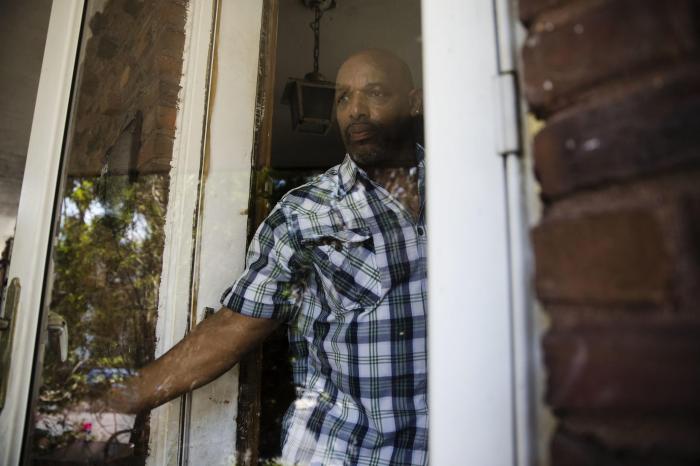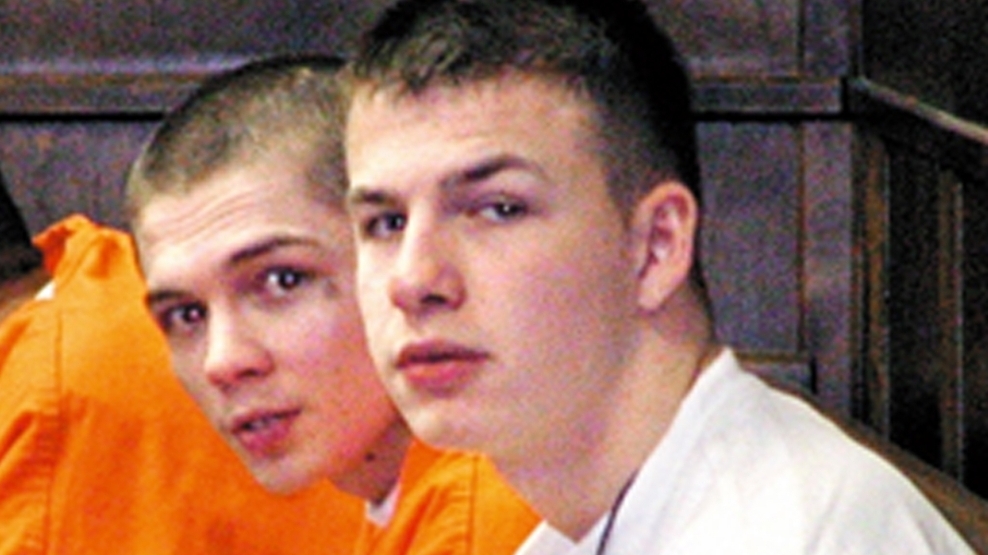Do juvenile killers deserve life behind bars? This question has sparked heated debates, raising fundamental questions about the ethics of punishing young offenders with extreme sentences. In this comprehensive analysis, we delve into the legal frameworks, psychological factors, and social influences that shape the sentencing of juvenile killers, exploring the arguments for and against life imprisonment and examining alternative approaches to rehabilitation and redemption.
From the complexities of diminished capacity to the potential for rehabilitation, we unravel the intricacies of juvenile sentencing. We analyze the impact of poverty, family dysfunction, and peer pressure on juvenile delinquency, and explore the effectiveness of community-based interventions in preventing juvenile violence.
Legal Perspectives on Sentencing Juvenile Killers: Do Juvenile Killers Deserve Life Behind Bars

Sentencing juvenile offenders presents unique legal challenges, with varying frameworks and principles across jurisdictions. The concept of “diminished capacity” recognizes the developmental immaturity and limited culpability of juveniles, influencing sentencing outcomes. Arguments for mandatory life sentences for juvenile killers hinge on deterrence and retribution, while opponents advocate for rehabilitation and the possibility of redemption.
Arguments for Mandatory Life Sentences
- Deters future violent crime by setting a clear and severe punishment.
- Protects society from dangerous individuals who may pose an ongoing threat.
- Expresses society’s condemnation of heinous crimes and holds offenders accountable.
Arguments Against Mandatory Life Sentences
- Violates the Eighth Amendment prohibition against cruel and unusual punishment for juveniles.
- Undermines the potential for rehabilitation and denies juveniles the opportunity to grow and change.
- Disproportionate and unfair compared to sentencing for adult offenders.
Psychological and Developmental Considerations

Juvenile delinquency and violent behavior are often influenced by complex developmental and psychological factors. Juveniles have underdeveloped prefrontal cortexes, affecting impulse control and decision-making. Social and environmental stressors, such as poverty, family dysfunction, and peer pressure, can further contribute to criminal behavior.
Potential for Rehabilitation
Despite their crimes, juvenile offenders have a greater potential for rehabilitation than adults. Their brains are still developing, and they are more likely to respond to therapeutic interventions. Programs that focus on education, counseling, and vocational training can help juveniles develop positive coping mechanisms and reduce recidivism.
Alternative Sentencing Options
- Rehabilitation programs: Provide intensive therapy, counseling, and support to address underlying issues and promote positive behavioral change.
- Community supervision: Places juveniles in a structured environment with close monitoring and support while allowing them to remain in their communities.
Social and Environmental Influences

Poverty, family dysfunction, and peer pressure play significant roles in shaping the behavior of juvenile killers. Children growing up in disadvantaged environments are more likely to experience violence, abuse, and neglect, increasing their risk of engaging in criminal activity.
Impact of Social Inequalities, Do juvenile killers deserve life behind bars
Juvenile crime rates are disproportionately high in marginalized communities, highlighting the impact of social and economic inequalities. Lack of access to quality education, healthcare, and job opportunities can limit opportunities for youth and contribute to their involvement in crime.
Community-Based Interventions
Community-based interventions can effectively prevent juvenile violence by addressing its root causes. Programs that provide mentorship, tutoring, and recreational activities can create positive outlets for youth and reduce their likelihood of engaging in criminal behavior.
Questions Often Asked
What is diminished capacity in the context of juvenile sentencing?
Diminished capacity refers to a legal doctrine that recognizes that juveniles may have reduced culpability for their actions due to factors such as immaturity, impulsivity, and limited cognitive development.
What are the arguments in favor of mandatory life sentences for juvenile killers?
Proponents of mandatory life sentences argue that they provide retribution for heinous crimes, deter future offenses, and protect society from dangerous individuals.
What are the potential consequences of life sentences on juvenile offenders?
Life sentences can have devastating effects on juvenile offenders, including limited opportunities for rehabilitation, social isolation, and psychological harm.